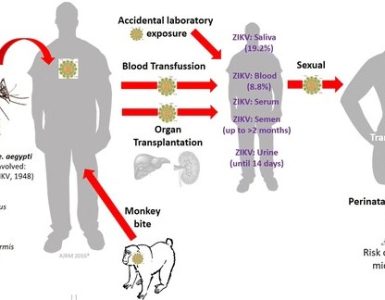 The Icahn School of Medicine at Mount Sinai said]that a new strain of avian influenza still has the ability to cause serious illness in humans even after it develops a resistance to antiviral medication.
The Icahn School of Medicine at Mount Sinai said]that a new strain of avian influenza still has the ability to cause serious illness in humans even after it develops a resistance to antiviral medication.
Researchers said it is not uncommon for a virus to mutate and adapt after it is exposed to antiviral medication, but typically the virus loses some potency in the process.
Initial reports show that H7N9, which emerged in China in the spring, reacts differently and retains its potency after mutation. A vaccine is not available for this strain of influenza, and patients are treated with Tamiflu. The outbreak in China infected approximately 135 people, causing 44 deaths.
“In this outbreak, we saw some differences in the behavior of H7N9 and other avian influenza strains that can infect humans, beginning with the rapid development of antiviral resistance in some people who were treated with oseltamivir and the persistence of high viral loads in those patients,” Nicole Bouvier, the lead investigator and assistant professor of medicine and infectious diseases at Icahn School of Medicine at Mount Sinai, said.
Research showed H7N9 has a limited ability to spread easily from human to human, and transmission from animal to human was similar to other influenza strains. Bouvier said transmission of the drug-resistant virus was not less efficient than the transmission of the drug-sensitive virus.
“Our study underscores the need to develop a bigger arsenal of antiviral drugs and vaccines, which will allow us to outsmart the influenza virus,” Bouvier said. “Researchers at Mount Sinai are actively engaged in identifying new targets for drug therapy and are working to develop a universal vaccine that will prevent multiple strains of influenza.”
Source: Vaccine News daily

















